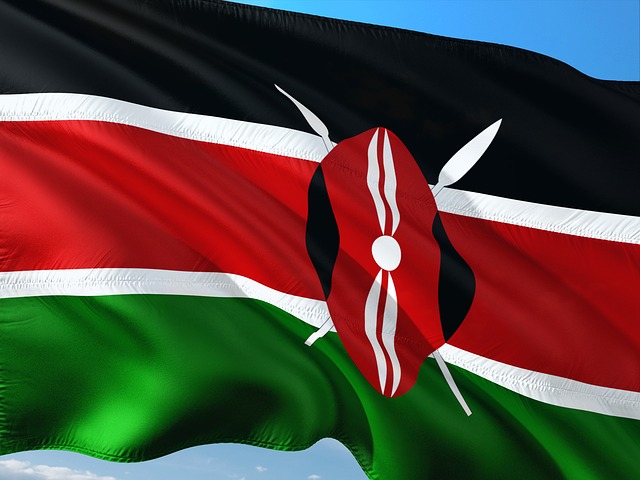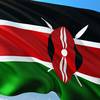clear
What is the impact of medical brain drain in the function of the health care system in Kenya
clear

source:
RonnyK / Pixabay
The impact of brain drain in the Kenya healthcare system is a systemic issue with the Kenya political, social, and government arenas. Kenya is one of the top sic countries in Africa that is sending its skilled professionals to other countries in South America, Canada, the United States, the United Kingdom, and Australia. Kenya is losing their scientists, doctors, nurses and other sough after skilled professionals through brain drain to richer countries. There are three primary categories for the Kenya emigration, Master and PhD level professionals go to richer countries to further their training and never return. Professionals who do return only stay a short period before permanently leaving for a richer country. The third are those who go to school and train in Kenya, but later leave for richer countries poaching them. The reason behind the brain drain is severe and has no immediate or future plans for change. The majority flee due to the weak healthcare system, lack of professional opportunities, pay, nepotism is recruitment, widespread poverty, fear of violence in the workplace and HIV due to lack of appropriate gear and handling, case overload, and poor living conditions.
 0
0
clear
 Kristen Morris
6 years, 2 months ago
Kristen Morris
6 years, 2 months ago
A 2006 study by BMC Health services Research titled 'The cost of Health Professionals Brain Drain in Kenya' has put the cost of educating a doctor from school to university at US$65,997. Over the work life of a doctor who has migrated abroad, the loss has been estimated at US$517,931.
A 2012 study published in The Lancet titled 'Perceptions of Medical Brain Drain among young doctors in Kenya: a cross-sectional survey' showed that 90 percent of surveyed doctors 50 years or younger were not satisfied with their pay.
An U.S. Aid-led study of 2014 titled ‘Workforce Connections Kenya Youth Assessment’ reported that the number of doctors in the country in 2012 was 8,092 bringing the number of doctors per 100,000 people to 20. According to the report, 51 percent of doctors born in Kenya worked abroad. However, most of them had trained abroad and not in Kenya. The number of doctors trained in Kenya and working abroad was 7 percent. It was also found that 40 percent of doctors who had been trained in Kenya were working in other professions for reasons of better pay even as the country faced a shortage of doctors.
 0
0
clear
Recently the government of Kenya announced plans of hiring a bunch of Cuban doctors to plug in the deficit of medical practitioners in the country. This was a result of a massive exodus of medical practitioners to other countries to look for greener pastures or further their education. This massive exodus of skilled staff was also instigated by the government's lack of honoring a collective bargain agreement with doctors which was to increase their salaries. The tug of war between medical practitioners and the government went on for more than three months. This had a serious implication on the public health sector which suffered the most. Doctors who reported to work were massively overworked with the same pay, and cases of ignorance by doctors rocked the country perhaps due to fatigue. The Kenyan public can no longer rely on the health care system to solve their medical problems. Most people are forced to go to the more expensive private hospitals, which not all can afford. A quick check on social media shows there are a lot of Kenyans seeking financial assistance which tells a lot on the current state of the health care system in that country.
 0
0
clear
 Alvine Spencer
5 years, 7 months ago
Alvine Spencer
5 years, 7 months ago

Sign up to post or vote on answers.
Improveo will help systemize your knowledge.